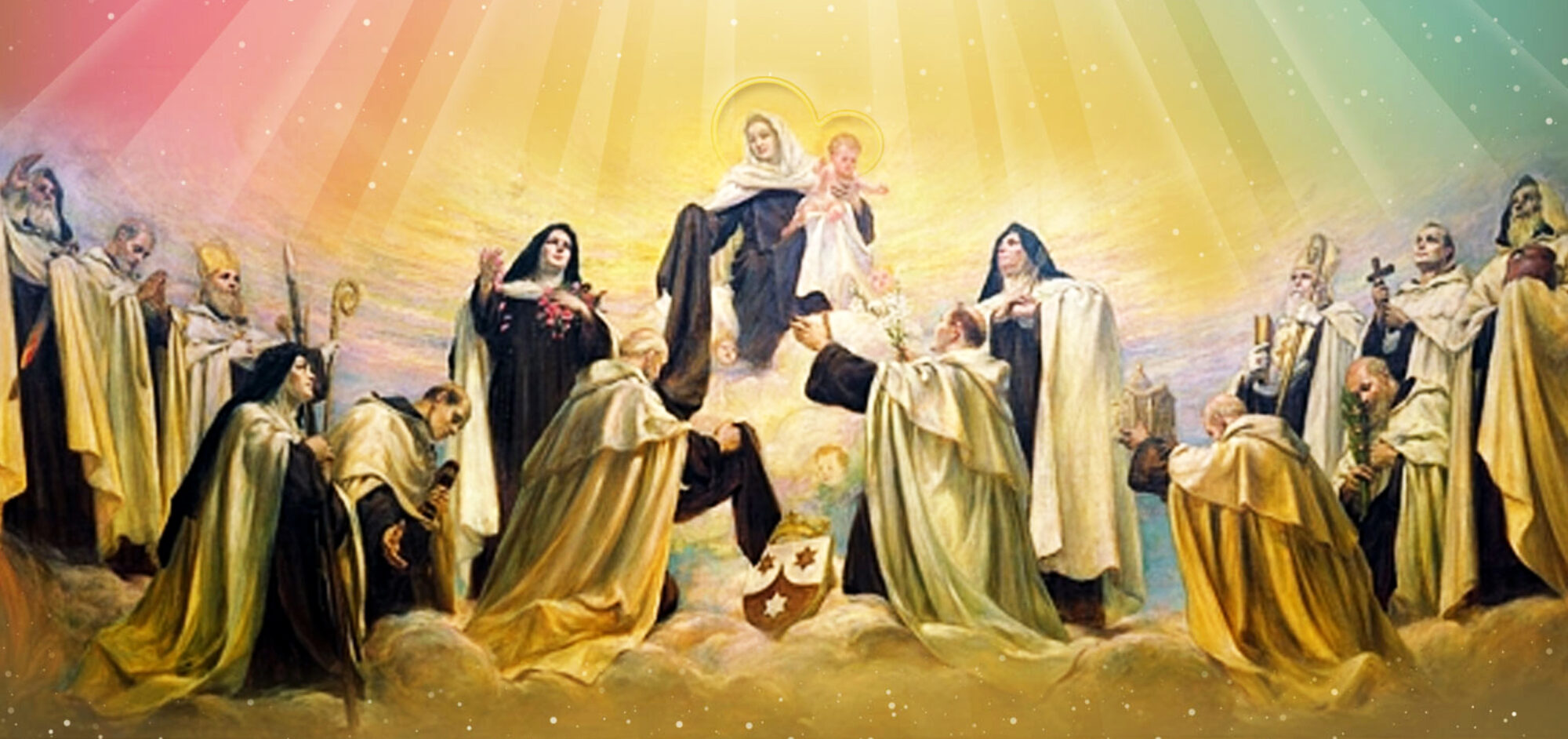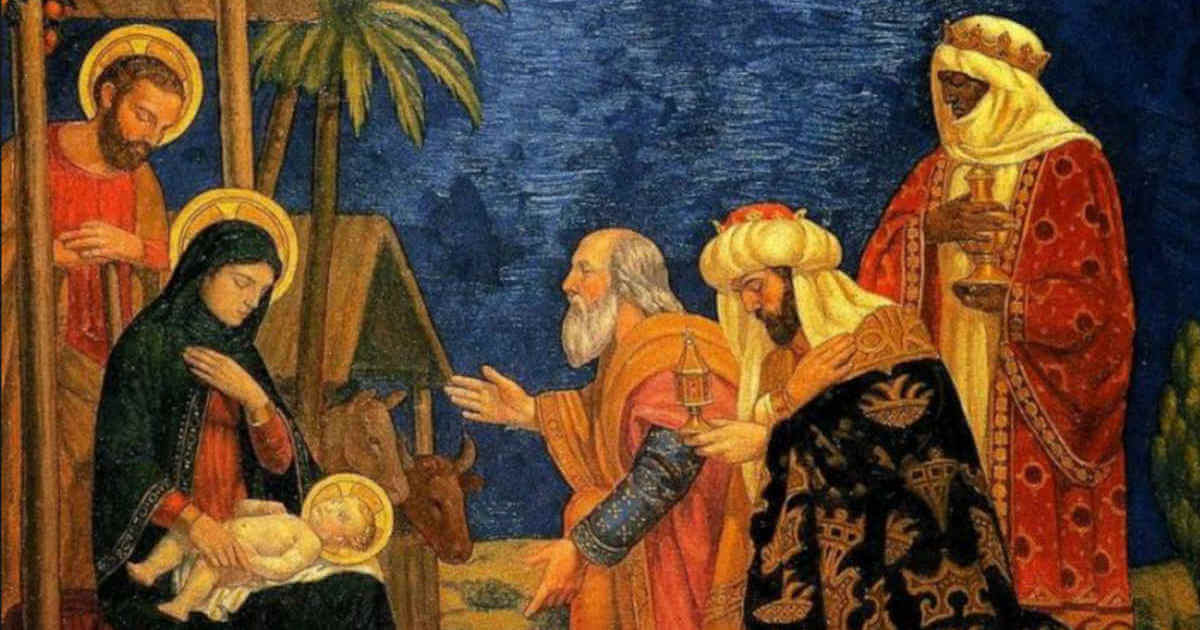JANUARY 9: SAINT ANDREW CORSINI (1302-1374)
St. Andrew Corsini is an example from which we can learn how efficacious is the intercession of the Queen of Saints, in withdrawing the sinner from the error of his way, and exciting him to aspire to, and attain, a high degree of perfection.
St. Andrew was born at the beginning of the fourteenth century in Florence and before his birth, his holy parents offered him to the Blessed Virgin as the first fruits of their marriage. On the night in which he was born, his mother, Peregrina, had a dream which filled her with alarm. It seemed to her, as if she had brought forth a wolf, who, fleeing to a church, was changed into a lamb. This was a picture of what was afterwards to happen to Andrew. His pious parents employed every care and precaution, to bring him up in the fear of God; but, as too often happens, through the influence of bad company, an immoderate desire of play, and neglect of duty, he fell into the greatest disorders. Dissipation hurried him from one vice to another until he was without affection for his parents,whom he disobeyed without remorse; so that all who knew him were full of apprehension for the future.
Meanwhile, his mother, mindful of her dream, sought consolation from Mary by continual prayer.Andrew, while one day preparing for a party of pleasure, expressed himself to his mother in a very disrespectful manner and she burst into tears and told him the depth of her affliction. She told him about her dream and that before his birth she had offered him to the Blessed Virgin. This made such an impression on Andrew that he was unable to sleep during the following night. The thought that he had been dedicated to the Mother of God occupied his mind. At that point, he exclaimed “Virgin Mother, because I am thy servant, I will unceasingly serve thee.”
The following day, he went to the church of the Carmelites, and prostrating himself before an image of Mary, offered himself up to this merciful Mother, and bade her change this wolf into a lamb. He frequently repeated this prayer and it was heard. He made great advances in virtue and was subsequently ordained a priest.
He studied in Paris and Avignon then returned to Florence and became Prior of his convent there. In 1360 he was called to the post of bishop of Fiesole, near Florence. As bishop, he was wise, efficient, well-organized and generous, he was an able administrator and respected moderator in times of social conflict. He set high standards of conduct for himself and his clergy, stressing the importance of education and the need for prayer.
He redoubled his austerities as bishop and was lavish in his care of the poor. He responded energetically to the devastation caused by the plague. The holy bishop was moved by such kindness and pity towards the poor that the very thought of them moved him to tears. It is well known that no poor person left his presence uncomforted. For this reason, he became know as “Father of the Poor.”
As I mentioned before, he was a moderator in times of social conflict. He was sent to Bologna as a papal legate to heal the breach between the nobility and the people.
After serving 14 years as bishop, he died on January 6, 1374. There were reports of many miracles of healing and conversion during his lifetime. He was canonized by Pope Urban VIII on April 29, 1629.
In Art, he is often represented holding a cross with a wolf and a lamb at his feet on a cloud, hovering over a battlefield. This is because of the time he was able to help resolve the great conflict between the nobility and the people in Bologna.
He is often invoked against riots and civil disorder and his feast day is January 9th.











